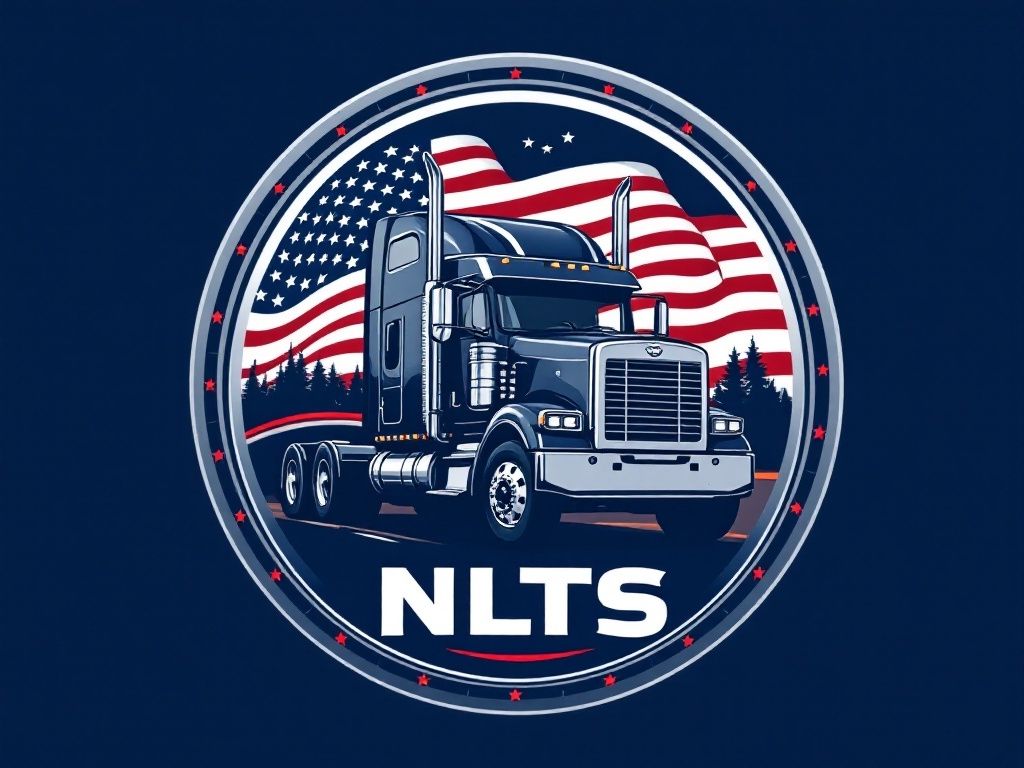Simplifying Trucking Insurance for Businesses: A Quick Start Guide
Understanding Trucking Insurance Basics
For businesses in the trucking industry, insurance is not just a legal requirement but a crucial component of operational security. Trucking insurance covers various risks associated with the transportation of goods, ensuring that your business can handle unforeseen events without significant financial strain. Understanding the basics of trucking insurance is the first step towards selecting the right policy for your business.

Trucking insurance typically encompasses several types of coverage, including liability, physical damage, cargo insurance, and non-trucking liability. Each type serves a specific purpose and protects different aspects of your business. For instance, liability insurance covers damages caused to others due to your company's operations, while physical damage insurance protects against damage to your vehicles.
Key Considerations for Selecting Coverage
Choosing the right trucking insurance involves assessing your business's unique needs and risks. Consider factors such as the types of cargo you transport, the areas you operate in, and your fleet size. These elements will influence the level and type of coverage required to adequately protect your business.

It is also important to review state and federal regulations, as these can dictate minimum insurance requirements for trucking companies. Staying compliant with these regulations not only ensures legal operation but also provides a baseline level of protection for your assets. Furthermore, understanding these requirements can help you avoid unnecessary fines or operational disruptions.
Evaluating Insurance Providers
Once you have a clear understanding of your coverage needs, the next step is to evaluate potential insurance providers. Look for insurers with a proven track record in the trucking industry and positive customer feedback. It's beneficial to choose a provider that offers tailored policies to meet the specific demands of your business.

When comparing providers, consider factors such as claim processing efficiency, customer service quality, and premium rates. A provider that offers a seamless claims experience and excellent support can be invaluable when dealing with unexpected incidents.
Cost-Saving Tips for Trucking Insurance
While trucking insurance is essential, it doesn't have to break the bank. Implementing safety measures within your operations can significantly reduce premium costs. Regular vehicle maintenance, driver training programs, and employing experienced drivers can lower risk levels and, subsequently, insurance costs.
Additionally, bundling different types of coverage with a single insurer might offer discounts. Some providers offer reduced rates for businesses that purchase multiple policies, such as combining liability and cargo insurance.
Regularly Reviewing Your Policy
Your trucking insurance needs may change over time as your business grows or shifts focus. Regularly reviewing your policy ensures it continues to meet your requirements. Consider conducting an annual review of your coverage and making adjustments as necessary to align with any changes in your operations or regulations.

By staying proactive about your trucking insurance needs, you can maintain robust protection while optimizing costs. This approach not only secures your business but also provides peace of mind as you navigate the challenges of the trucking industry.
